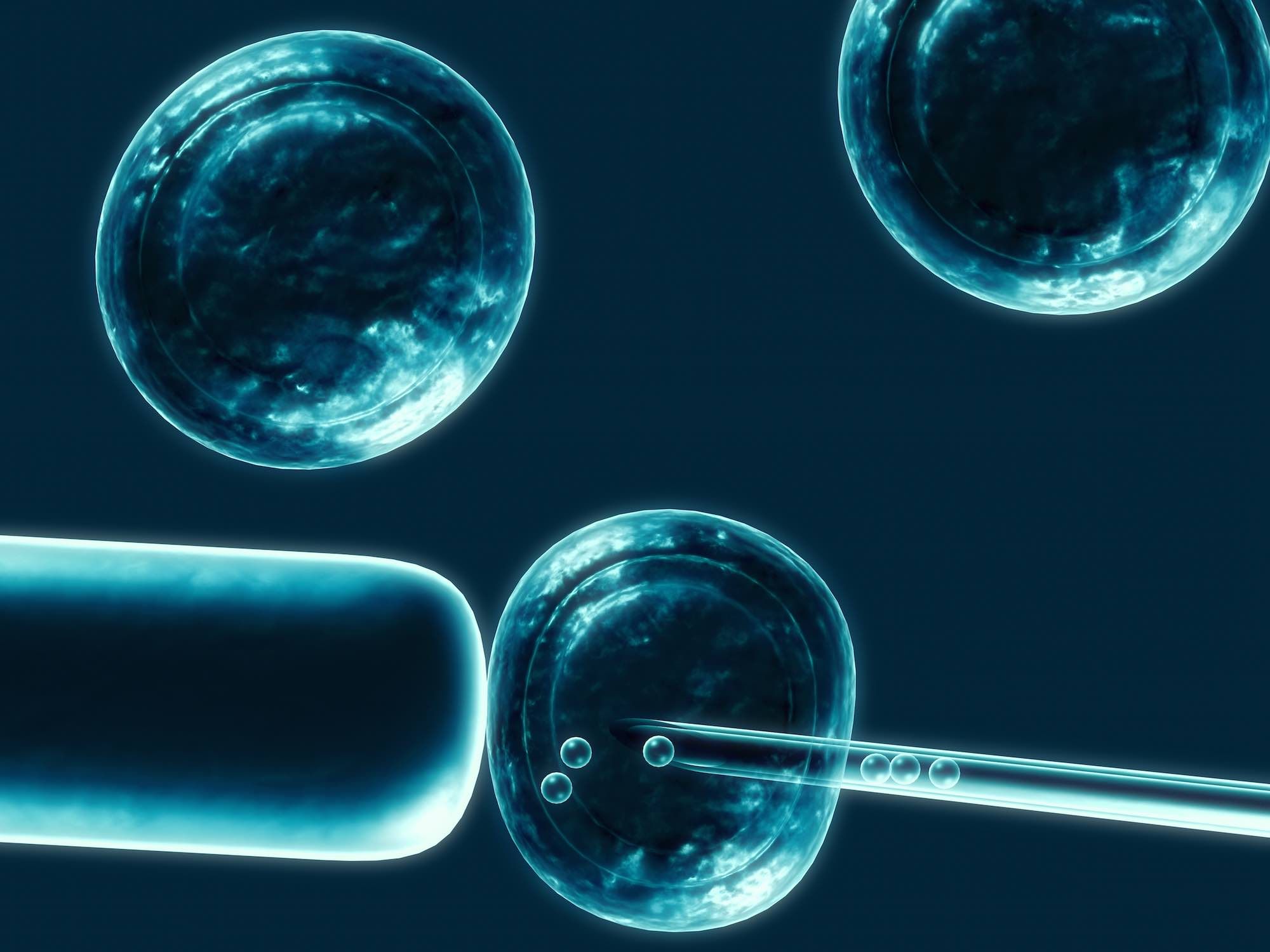Biography
Michael Angelo trained in clinical pathology at UCSF and completed a postdoctoral research fellowship in the lab of Garry Nolan prior to starting his own lab at Stanford in 2014. He is board certified in clinical pathology and a recipient of the NIH Director’s Early Independence Award. Mike’s main research focus is creating and applying next generation instrumentation and methods for nanometer scale, multiplexed, quantitative imaging of of genes and proteins in clinical tissue biopsies. To this end, his lab has recently developed new instrumentation for multiplexed ion beam imaging (MIBI), which uses secondary ion mass spectrometry to measure antibodies tagged with mass reporters. Highly multiplexed IHC panels for assessing immune cell populations in solid tissue are currently being used in the Angelo lab to study tumor-immune interactions in multiple malignancies.
Session Abstract – PMWC 2020 Silicon Valley
The development of effective anti-cancer therapies has been challenged by the overall complexity of tumors. The tumor heterogeneity is exacerbated during the progression of the cancer along with the tumor microenvironment (TME), comprised of many different cell populations, such as cancer-associated fibroblasts and various infiltrating immune cells, and non-cell components of extracellular matrix. These crucial parts of the surrounding stroma can function as both positive and negative regulators of all hallmarks of cancer development. Understanding the major events occurring in the TME that support primary tumor growth and how these events impact the modulation of the environment is of utmost relevance to assist the definition of efficient therapy strategies.









